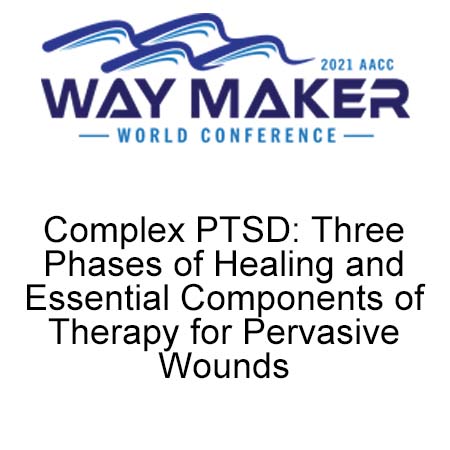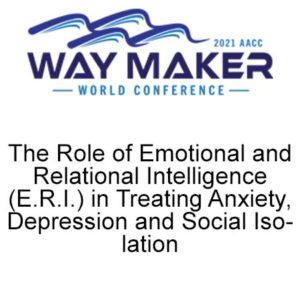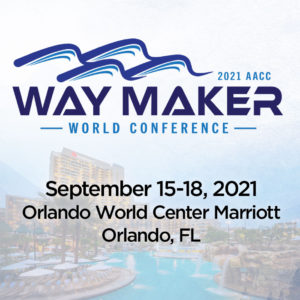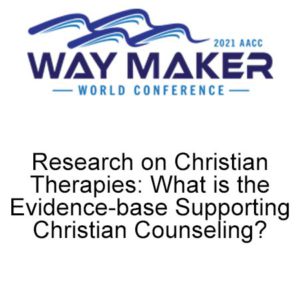Description
302: Complex PTSD: Three Phases of Healing and Essential Components of Therapy for Pervasive Wounds
Barbara Lowe, Ph.D.
Greenleaf Psychological and Support Services
5850 Fayetteville Rd., Ste. 211
Durham, NC 27713
Candice Smithyman, D.Min.
Freedom Destiny Church
1241 Blanding Blvd., Ste. 25
Orange Park, FL 32065
Summary
Clients raised in abusive and/or neglectful environments have psychological wounds that are deep and pervasive. Healing that is Christ-centered and effective will take clients through three phases: establishing safety and stability, renegotiating traumas, and integrating healing into a new way of living. Healing of developmental wounds occurs best in the context of a corrective attachment relationship, with the counselor, and with the Lord (Pearlman and Courtois, 2005). Wholistic healing involves cognitive, behavioral, somatic (bottom-up work with the nervous system), and biblical interventions (Cloitre et al., 2011; Gingrich, 2013; Levine, 2006; Ogden, 2015; Poole Heller, 2017). A measure of safety, stability, and coping skill efficacy must be established in clients before trauma renegotiation can proceed (Gingrich, 2013; Levine, 2006; Ogden, 2015). At the heart of effective interventions, titrated work with renegotiating trauma, unmet attachment needs, and repairing boundaries with self and others is key. Intensive work on forgiveness is also essential, from both a Christian and evidence-based point of view (Worthington and Langberg, 2018). Moreover, once traumatic memories are renegotiated, clients are taught to think and act differently based upon the Word of God and evidence-based practices (Siegel, 2010; Seligman, 2006; Cohn et al., 2009). This workshop will provide participants with a detailed overview of the three phases of healing within a comprehensive developmental/complex trauma healing program and identify several key intervention tools that can be used within each phase of treatment.
Learning Objectives
Participants will:
• Name and describe the three phases of treatment, as well as the role that clients and psychologists and licensed mental health professionals play in each phase
• Evaluate developmental/complex trauma treatment programs in terms of 10 key evidence-based components
• Identify the five indicators that a client is ready for trauma renegotiation work





